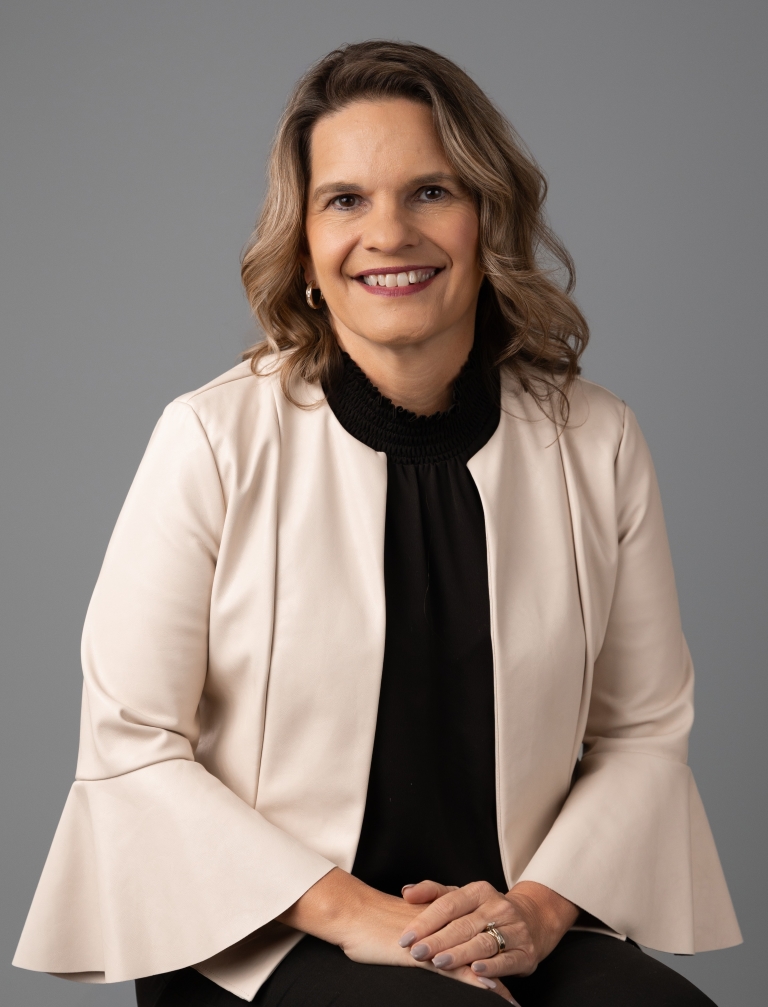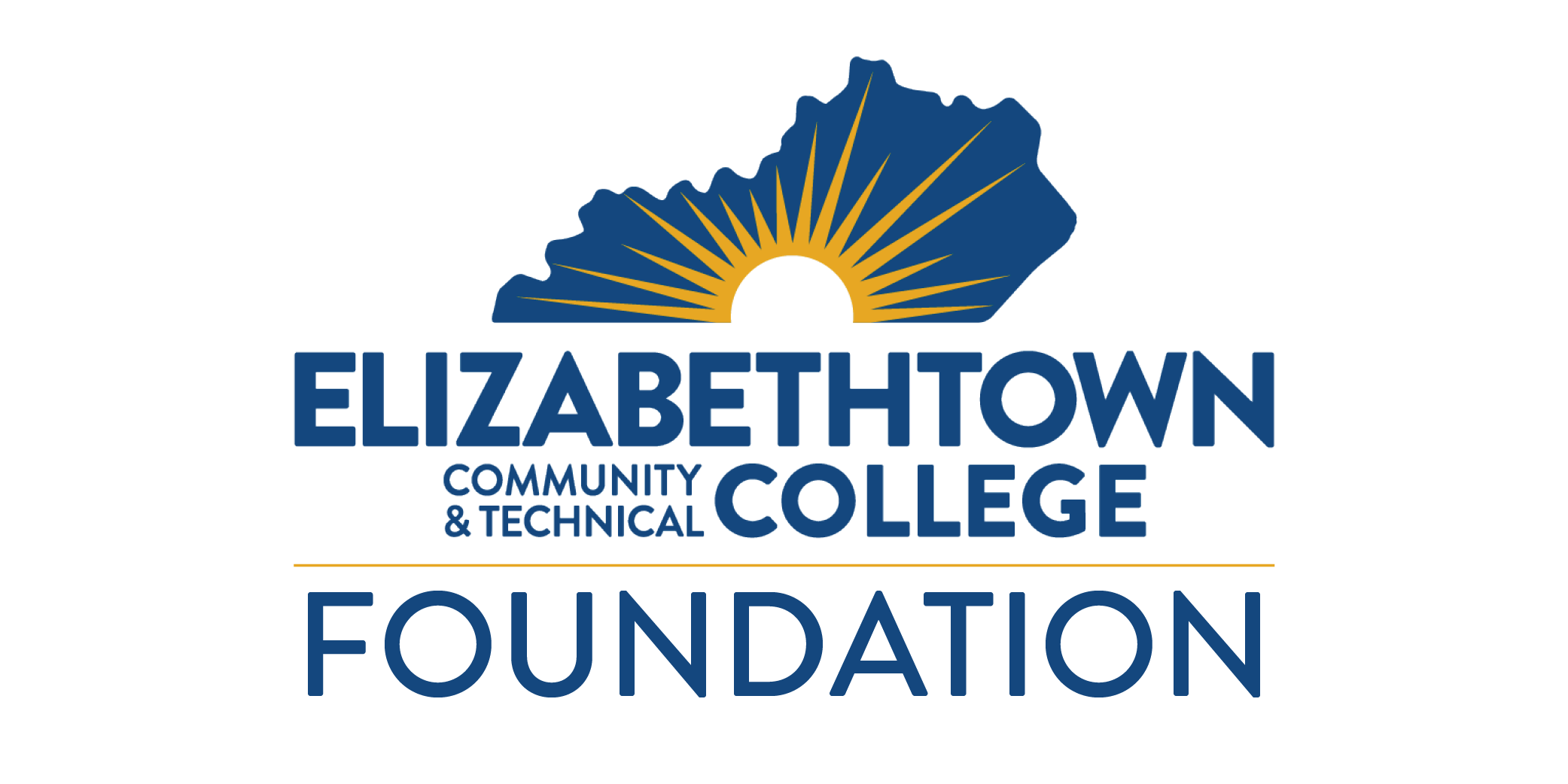Donor-Advised Funds: A Simple, Powerful Way to Give Back
By Davette B. Swiney, President/CEO
Central Kentucky Community Foundation
If you’ve ever wished there was an easier way to give to the causes you care about, you’re not alone. Many generous people find themselves asking: How can I make the most impact with my giving? How do I know where my dollars will go? Is there a way to be more organized with my charitable donations?
That’s where Donor-Advised Funds (DAFs) come in
Don’t let the name fool you—it sounds complicated, but at its core, a donor-advised fund is a simple, flexible, and powerful giving tool. It’s also one of the fastest-growing ways people across the country choose to support their favorite charities.
What Exactly Is a Donor-Advised Fund?
Think of a donor-advised fund as your own charitable “account.” You put money into the account—cash, stock, or other assets—when it makes sense for you. Then, over time, you recommend grants from your fund to the nonprofits and causes you care about.
Here’s the best part: once you give to your donor-advised fund, you receive an immediate tax deduction. But you don’t have to decide right away which nonprofits to support. You can take your time, be strategic, and give when the moment is right.
In short, a DAF lets you:
- Simplify your giving by keeping all your charitable donations in one place.
- Maximize impact by investing the dollars in your fund so they can grow over time.
- Stay flexible by choosing when and where to make grants to nonprofits.
Why Are Donor-Advised Funds Growing So Quickly?
Over the past decade, donor-advised funds have become one of the most popular charitable tools in the U.S. Why? Because they meet people right where they are.
- Ease and Simplicity: Instead of writing checks to a dozen charities and tracking receipts for tax time, donors make one gift to their fund and recommend grants throughout the year.
- Timing Flexibility: Maybe you had a year with higher income, a business sale, or stock growth. You can make a gift to your fund, receive the tax deduction now, and decide later which charities to support.
- Family Involvement: Many families use DAFs to teach children about giving. Together, they recommend grants and talk about the causes they value most.
- Local Connection: When opened at a community foundation, a DAF connects you with local expertise, so you learn about nonprofits and community needs you might not otherwise know.
A Real-Life Example
Imagine Margaret, a retired teacher who wants to support education, animals, and her church. She’s tired of juggling receipts from multiple charities each year. Margaret opens a donor-advised fund at her local community foundation.
In December, she contributes $20,000 into her fund. She immediately receives a tax deduction for the full amount. Over the next year, she recommends grants of $5,000 to her church, $5,000 to the animal shelter, and $10,000 to projects at local schools.
Instead of writing separate checks, Margaret uses her DAF as her giving hub. And as her fund grows through investment, she knows she’ll have even more to give in the future.
The Benefits in Plain Language
- Tax Smart: Immediate tax deduction, plus the ability to give appreciated stock or assets.
- Organized: One charitable account, one receipt, simple record-keeping.
- Flexible: Support any qualified nonprofit, anywhere in the country, on your own timeline.
- Community Impact: Through a community foundation, you stay connected to local needs and opportunities.
How Do You Start?
Opening a donor-advised fund is easier than you might think. Most community foundations, such as Central Kentucky Community Foundation, as well as some financial institutions, can help you establish one with a simple agreement and a minimum contribution. From there, you can:
- Make contributions into your fund whenever it makes sense for you.
- Recommend grants to nonprofits you want to support—whether it’s your church, alma mater, food bank, or a national charity.
- Grow your giving by letting the fund be invested for future grants.
A Tool for Everyday Givers
Sometimes people assume that donor-advised funds are only for the wealthy. The truth is, they’re for anyone who wants to be more intentional with their giving. Whether you’re giving $1,000 a year or $100,000, a DAF can help you make your philanthropy more effective, more organized, and more joyful.
For many donors, it becomes the spark that transforms occasional gifts into a thoughtful, long-term legacy of giving.

Davette Swiney has been with Central Kentucky Community Foundation since 2010 where her work focuses on growing philanthropy to enhance our region. She currently serves as President and CEO of CKCF. Additionally, she serves on the Endow Ky Commission and is a member of the Hardin County AM Rotary Club. She and her husband Donnie have two children, two grandchildren, a dog, cat and rabbit.
This is being provided for informational purposes only and should not be construed as a recommendation to buy or sell any specific securities. Past performance is no guarantee of future results, and all investing involves risk. Index returns shown are not reflective of actual performance, nor reflect fees and expenses applicable to investing. One cannot invest directly in an index. The views expressed are those of the Presenter and do not necessarily reflect the views of the ECTC Foundation or any of its affiliates. Information is based on sources believed to be reliable; however, their accuracy or completeness cannot be guaranteed.
Connect With Us
© 2020 KCTCS. All rights reserved. Privacy Policy


